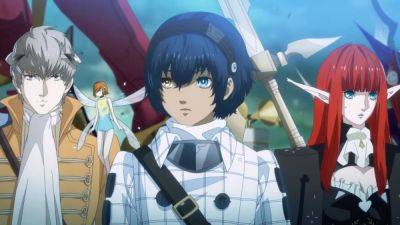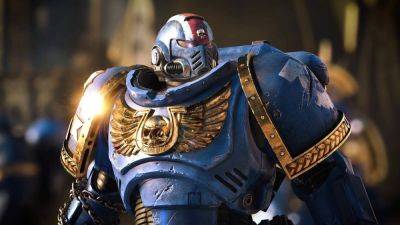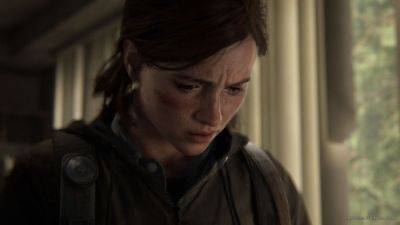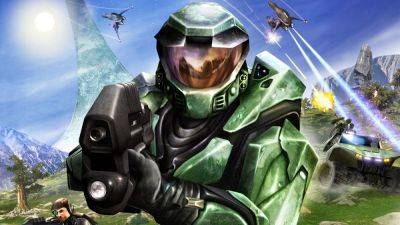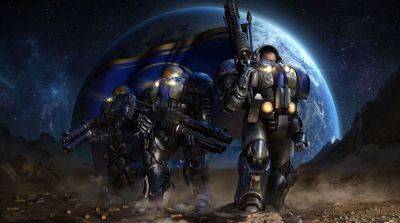"Compromises were made": Space Marine 2 devs admit the shooter's story was limited by its 3-player co-op, and they "could have done way more"
Warhammer 40,000: Space Marine 2's titular suits of beefy terror are the perfect vehicle for the game's bombastic action, but having three of them on screen at all times is also what limited its developer's ambitions.
Space Marine 2 has courted tons of praise for how it successfully returned to a simpler Xbox 360 formula: give players a kickass chainsword in a game with an awesome campaign, co-op functionality, and straightforward PvE modes. But Saber Interactive's creative director Oliver Hollis-Leick admitted that "compromises were made" to get the entire campaign playable in three-player co-op.
Speaking to GamesRadar+, Hollis-Leick explained that the development team "could have done way more" if supporting characters Gadriel and Chairon weren't glued to main man Titus for the whole campaign's runtime. "We would have more control over them going off and doing their own thing, and like even becoming a source of conflict during the mission."
Since Warhammer's Space Marine are uniquely tied to their stoic inhuman-ness, the development team couldn't squeeze out their personality by, let's say, making them have a heart to heart. Instead, Saber Interactive turns to conflict and has the two other marines suspect Titus of heresy at one point - a storyline that quickly fizzles out because of that co-op throughline. These three men need to stay together, no matter what.
"One of the levels where we tried to do that, is where Chairon goes rogue on his own and gets separated from the rest of the squad," Hollis-Leick continued. "And that, that was us really trying to stretch that. So it felt like they were divided for a time, but, yeah, the closest we could get is for Gadriel and Titus to almost kill each other in a cinematic, and then, and then we've got to go back into battle again as a three man team. So yeah, the co-op thing makes that tough."
"I remember arguing with [Hollis-Leick] a lot, saying that there's not enough time for our characters to talk about the plot, to


